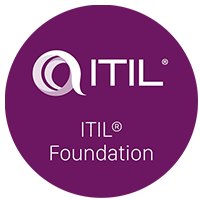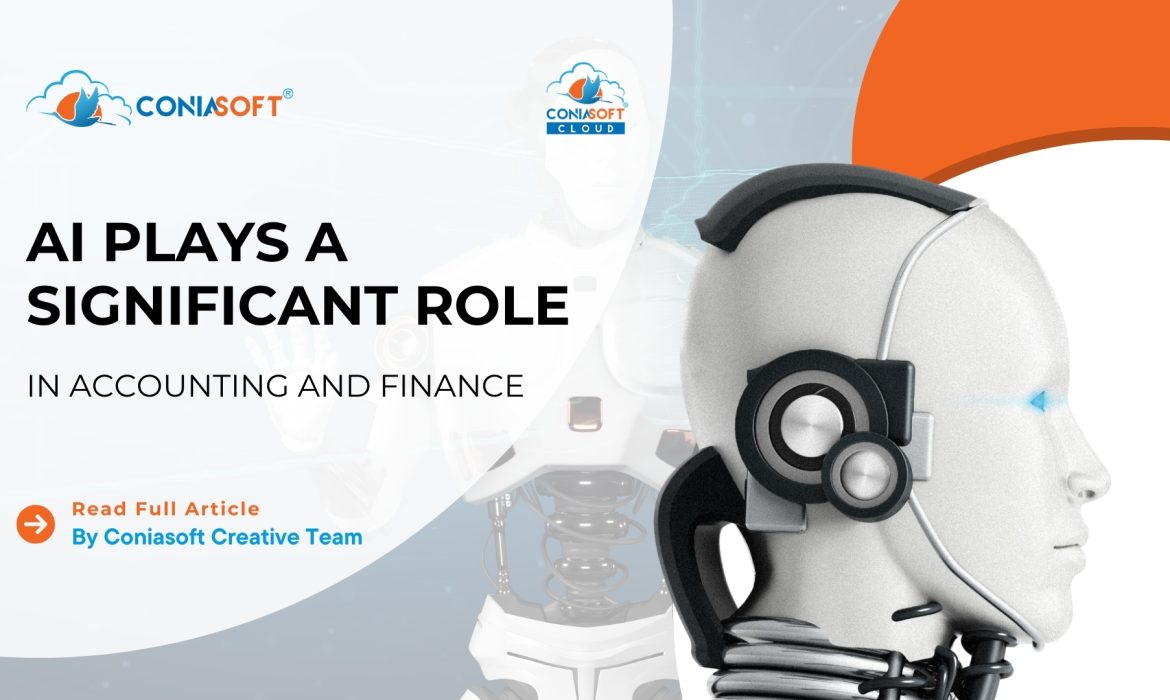Artificial intelligence has had a significant impact on the financial and accounting industries. Because they save time and offer in-depth insights, AI-enabled finance and accounting systems allow businesses to remain competitive in an increasingly cutthroat market.
The exponential growth of data produced by the Internet and IoT devices and the processing of this data are the two main drivers of AI’s explosive growth in Industry 4.0. Automating processes, including payroll, tax, banking, and audits, revolutionises finance and accounting by lowering human error and raising productivity. Due to this disruption, the accounting sector has more transparency and audibility. AI also provides potential for corporate growth by employing machine learning (ML) and robotic process automation (RPA) to estimate accurate financial statements. RPA frees up financial professionals’ time so they may concentrate on strategic and advisory duties by decreasing non-value-added work and giving them more time for more strategic tasks. In general, AI is influencing Industry 4.0 and changing how organisations run. Some significant ways in which AI is reshaping the financial landscape are:
- Accounting software has dramatically increased automation and efficiency by automating repetitive operations while decreasing manual labour and human error. Due to their increased efficiency, accountants may concentrate on strategic tasks like financial analysis, risk management, and customer counselling.
- Pattern identification, discrepancy detection and correction, error minimisation, and assuring accurate financial accounts are all areas where AI systems thrive. By examining vast transactions, they can spot potential fraud or abnormalities, enhancing the audit process and internal controls.
- Accounting software with artificial intelligence (AI) capabilities can analyse financial data in real time, giving organisations current financial performance information. By immediately identifying trends, identifying inefficiencies, and making educated judgements to improve their financial situation, businesses may make better decisions thanks to this real-time analysis.
- AI algorithms can also enhance financial forecasting by analysing enormous volumes of historical data to estimate future patterns, cash flows, and budgets. Thanks to sophisticated financial forecasting, businesses can plan carefully, allocate resources wisely, and spot potential dangers and opportunities.
- Virtual assistants and AI-powered chatbots have become valuable complements to accounting software, offering immediate help and advice. They can respond to questions, assist customers with chores, and tailor recommendations based on the user’s financial information.
- By automatically computing tax liabilities, recognising allowable deductions, and guaranteeing compliance with constantly evolving tax rules and regulations, AI-powered accounting software helps streamline tax compliance. This simplified tax preparation method saves time, lowers the possibility of fines, and enables companies to maximise their tax planning methods.
- Incorporating AI in accounting software has lowered the cost of specialised accounting services while increasing accessibility to financial management for small enterprises and individuals.
RPA and Intelligent Automation in accounting apps use real-time document processing with computer vision and natural language processing to provide reports that give businesses insights. AI improves internal accounting procedures, including purchasing, invoicing, and expenditure reporting. AI-powered systems monitor documents and issue alerts to assist with auditing and regulatory compliance. ML algorithms analyse data to avoid revenue loss, spot potential fraud issues, and flag them for review.
Using AI in finance and accounting can increase operational effectiveness, lower costs, and a significant return on investment. AI-based solutions can enhance chatbot support, monthly and quarterly cash flows, supplier onboarding, procurement procedures, audibility, and invoice processing. Systems for processing invoices boost volume, provide error-free processing and enhance vendor relations. With little to no human involvement, supplier onboarding helps grow customer reach, boost income, and evaluate providers: workflows powered by AI process unstructured data while reducing risks, governance, and compliance issues.
AI-based technologies simplify reconciling financial transactions, comprehending historical cash flows, and anticipating future cash needs. Expense management automation assures virtually no errors and notifies the team of breaches. AI-powered chatbots can swiftly and effectively answer user questions about account status, financial information, and balance. Accounts are balanced and closed on time when outstanding invoices are tracked, and follow-up collection procedures are automated. AI chatbots provide level 1 service and respond to common questions from clients.
There may be obstacles to using automation and AI tools in an organisation, but none are insurmountable. Finance and accounting could benefit from AI, but many accountants are apprehensive because they are worried about its automation and accuracy. There are three difficulties to consider: security threats, accountability, and data integration.
Security risks include the requirement for strict security measures, such as rules and certifications, to protect financial data. Taking responsibility entails ensuring the development process is transparent, allowing users to contribute private information online, and soliciting feedback at all phases of the design process. Another difficulty is combining data, as AI software may help professionals organise their work and use data to make better decisions, freeing up time for laborious chores like paperwork or manual bookkeeping. Even lengthy procedures that ordinarily take weeks can be automated. AI is a potential technique for enhancing the effectiveness and accuracy of managing financial data.
With AI dominating the sector, accounting has a bright future, but it still needs to be determined whether accountants will be scarce. To stay competitive, businesses are turning to artificial intelligence. Since AI computers’ beginnings, accountants have had to understand and analyse the data they have collected, but they will still be heavily involved in consulting services. Accounting professionals will have more time to focus on data analysis and other services as tedious operations are automated. There is no assurance that AI will replace some human labour in some occupations like accountancy or financial advice because it relies on the sort of employment.
Adopting AI in accounting is problematic because it demands a mentality shift that goes beyond CFOs. Finance and accounting professionals need the skills and expertise to contribute to new business ties, enhance current partnerships, and operate from a position of power. Businesses must invest in the equipment and personnel required to use it and the proper training and assistance for AI-driven productivity. With additional tools and systems available to finance and accounting as advanced technology develops, learning curves are sped up, and costs are reduced. By taking over mundane jobs better suited to robots, AI adoption in finance and accounting would enable improved data analysis, pattern recognition, and support for diverse working modes and locations. This will make it possible to adopt innovative time- and money-saving techniques, which will ultimately help the entire sector.
Accounting positions of the future will be cloud-based, necessitating the expertise of accountants in AI, ML, and IoT technologies. Accounting professionals must understand AI algorithms to be competitive as businesses increasingly move data into the cloud. Financial software firms like OneUp and Sage are creating intelligent self-learning systems to simplify data entry and save up accountants’ time. Blockchains are anticipated to substantially impact the job market for accountants and increase their attractiveness to professionals in their industry by facilitating access to acceptable records, smart contracts, and transaction recording.
Through its ability to gather, interpret, and infer patterns from massive volumes of data, artificial intelligence is revolutionising the fields of accounting and finance. This enables accountants to concentrate on their strong points, resulting in tailored customer service.
























